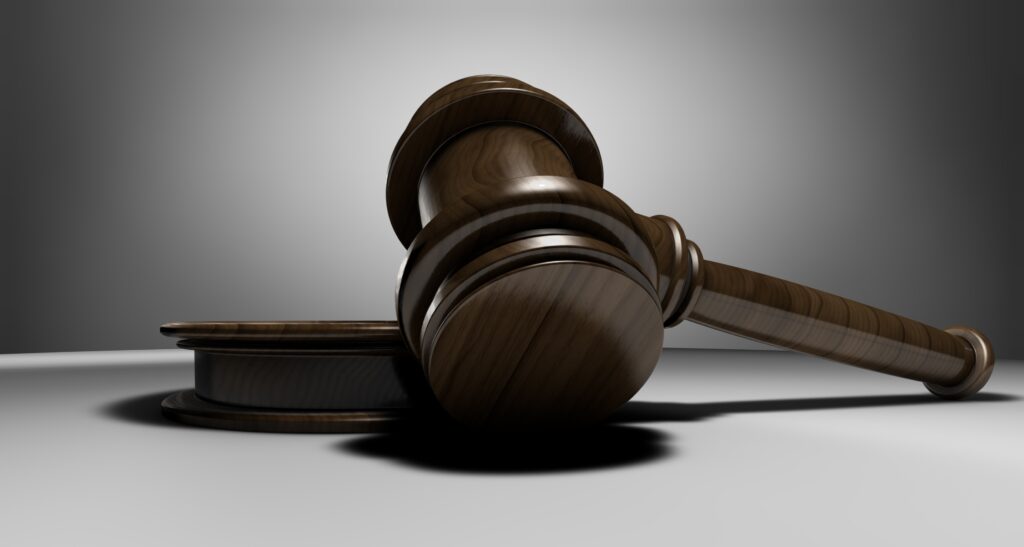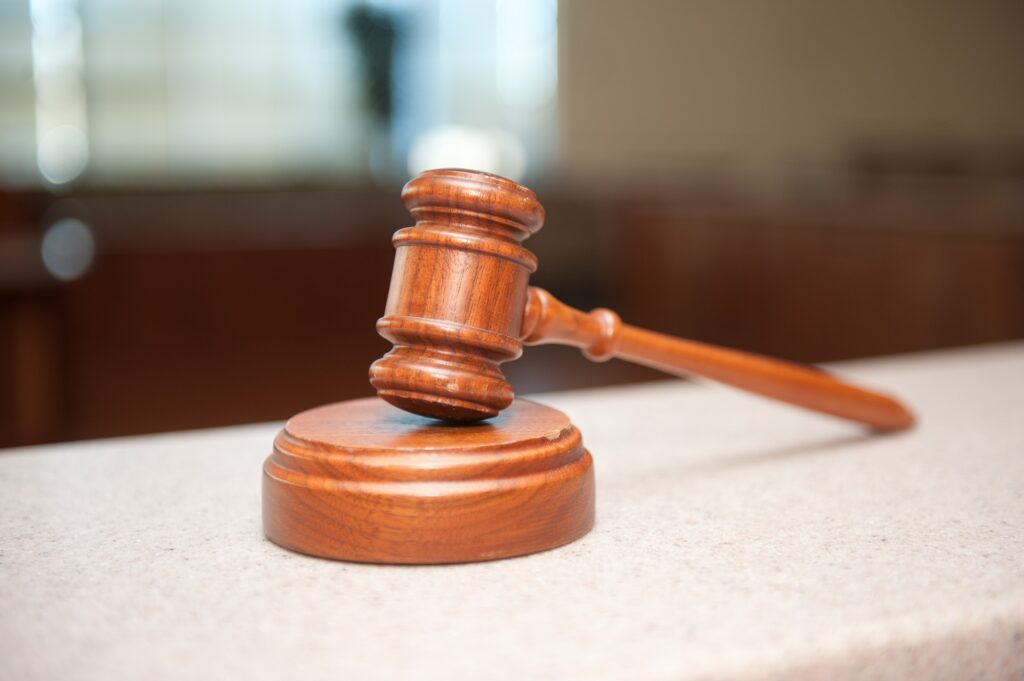Are you being accused of a crime or charged by the state? If so, then this article is for you. It will discuss how to prepare for your criminal trial and defend yourself against accusations. These include what to do if you are arrested, how to deal with evidence, what happens after a plea bargain, and more.

What is an arrest or charge by the state?
One of the primary things that you need to do is to familiarize yourself with what an arrest or charge by the state is. This will give you a better understanding of what to do next and how to deal with criminal charges brought against you. According to the most seasoned criminal lawyers, in general, an arrest is when someone has been taken into custody for investigation or questioning regarding alleged criminal activity that they are suspected of committing. A person can be arrested on either probable cause or reasonable suspicion. This is especially the case if law enforcement officers have a reasonable belief that a person has committed, or was about to commit, an offense. As it pertains to criminal charges brought by the state, these are formal accusations of wrongdoing made against someone who stands accused of committing crimes as defined under federal and state laws. Criminal charges can be brought about by the state’s attorneys, district attorney, county prosecutor, and other similar authorities.
What can you do if you are arrested?
The first thing that you need to do is to remain calm. This will help prevent any unnecessary escalation of a situation. The second step involves asking for your lawyer as soon as possible after an arrest has been made. You also have the right to remain silent and not answer any questions posed by law enforcement officers, other than providing your name, date of birth, and contact information. Remember that anything you say can be used against you in a criminal trial, so exercise caution when talking to law enforcement officials.
What are some common defenses?
To mount a successful defense against criminal charges brought by the state, you need to be familiar with some of the most common defenses. One example is an alibi defense, which involves presenting evidence that shows you were not present at the scene of the crime when it occurred. Another common defense is known as entrapment, which occurs when law enforcement officers induce or push someone into committing a crime that they would otherwise have no intention of doing. There are also defenses involving insanity, self-defense, duress, necessity, and intoxication.
What if you are convicted?
If you are found guilty after a criminal trial, then the state’s prosecutor will ask the judge to impose a sentence that is in line with the crime that you have been convicted of. This could involve jail time, probation, fines, and restitution that you must pay to the victim. If this happens, then it will be up to your criminal defense lawyer and state’s attorney to negotiate a plea deal with terms more agreeable than what was originally proposed during the trial proceedings.
What happens after a plea bargain?
If you decide to take part in a plea bargaining process instead of going to trial where you risk being found guilty and given a harsher sentence, then you will have to decide whether or not to plead guilty in exchange for a punishment that is lighter than what would be imposed upon you by the judge. Before accepting a plea bargain deal from the state’s prosecutor, it is best if you consult with your criminal defense attorney about its terms and conditions, so they can advise you accordingly.
How can you get a lawyer if you don’t have money for one?
You can get a lawyer even if you cannot afford to pay them. If this is the case, then it will be up to the judge to appoint one for your criminal trial through what is known as pro bono representation or public defender services. The quality of these legal professionals may vary depending on where you are located and which ones are available in your area. Remember that they are not your personal lawyers, and you may not be allowed to talk to them about your case outside of court.

If you are facing criminal charges, it is highly recommended that you get a lawyer. You have the right to remain silent because anything you say can be used against you in court. Make sure to hire an attorney who specializes in your type of crime, so they know what defenses may work for your case. An experienced criminal defense attorney will help defend your rights by providing solid legal counsel throughout the entire process from start to finish. Be smart about hiring an attorney but find one now before things escalate.
Published by HOLR Magazine


